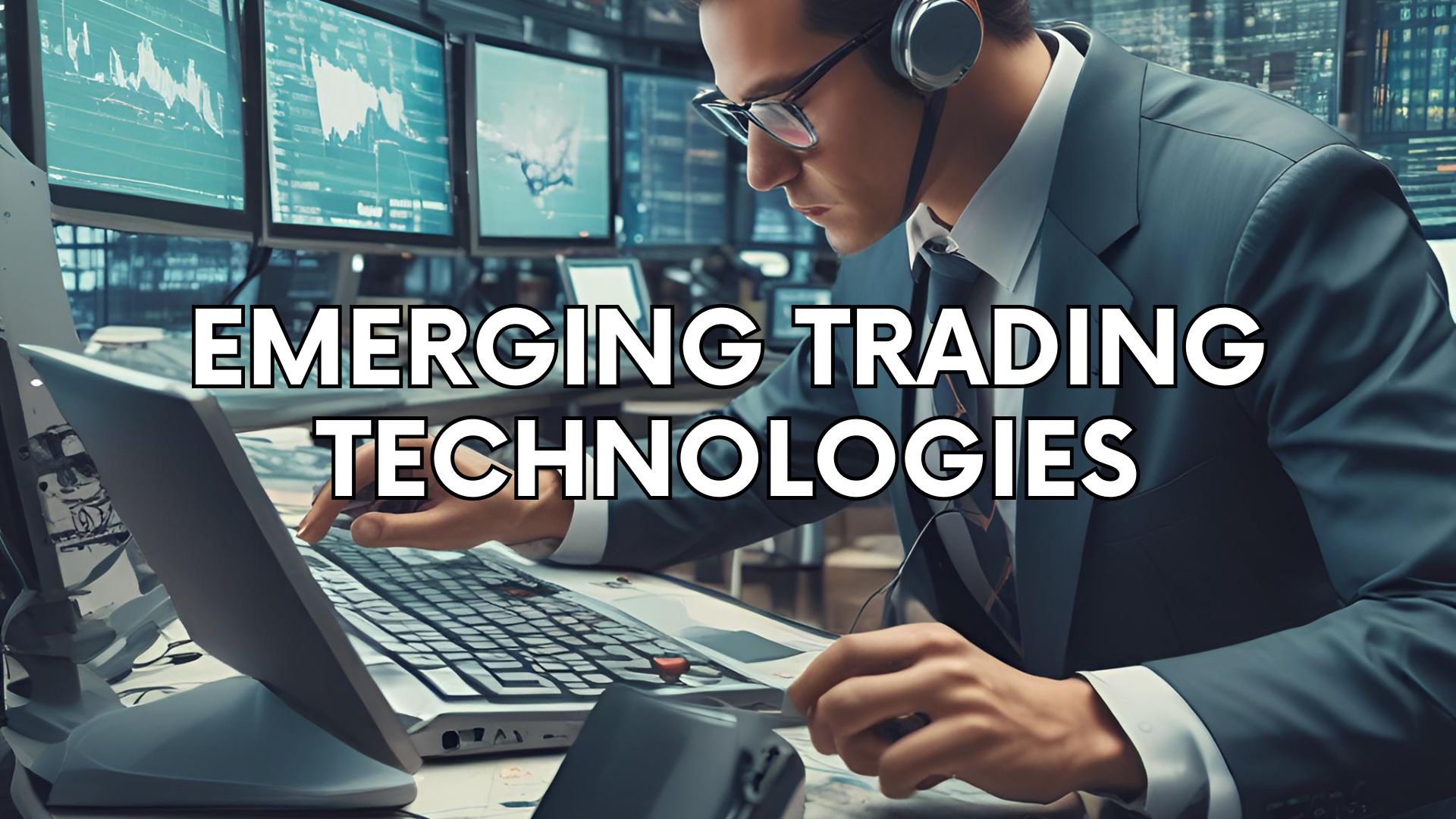


The world of financial trading is constantly evolving, driven by rapid technological advancements. Emerging technologies are transforming how trades are executed, analyzed, and managed, offering new opportunities and efficiencies for traders and investors. In this article, we explore some of the most impactful emerging technologies in financial trading and how they are shaping the future of the industry.
Artificial intelligence (AI) and machine learning (ML) are revolutionizing financial trading by enabling more sophisticated data analysis and predictive modeling. These technologies can process vast amounts of data at unprecedented speeds, identifying patterns and trends that human analysts might miss.
Blockchain technology offers a transparent, secure, and immutable way to record transactions. Its decentralized nature ensures that all parties have access to the same data, reducing the risk of fraud and enhancing trust in the trading process.
Big data analytics involves analyzing large and complex data sets to uncover hidden patterns, correlations, and insights. In financial trading, big data can be used to enhance decision-making and strategy development.
Quantum computing, though still in its early stages, promises to solve complex problems much faster than traditional computers. In financial trading, quantum computing could revolutionize data processing and optimization.
Robotic Process Automation (RPA) uses software robots to automate repetitive tasks, freeing up human traders to focus on more strategic activities. RPA enhances efficiency, reduces errors, and cuts operational costs.
The Internet of Things (IoT) connects physical devices to the internet, enabling real-time data collection and analysis. In financial trading, IoT can provide valuable insights and enhance decision-making.
Emerging technologies are reshaping the landscape of financial trading, offering new tools and capabilities that enhance efficiency, security, and decision-making. Artificial intelligence, blockchain, big data analytics, quantum computing, robotic process automation, and the Internet of Things are just a few examples of technologies driving this transformation. As these technologies continue to evolve, they will undoubtedly unlock even more opportunities and efficiencies in the world of financial trading, paving the way for a more advanced and dynamic market environment. Traders and investors who embrace these innovations will be well-positioned to thrive in the future of finance.